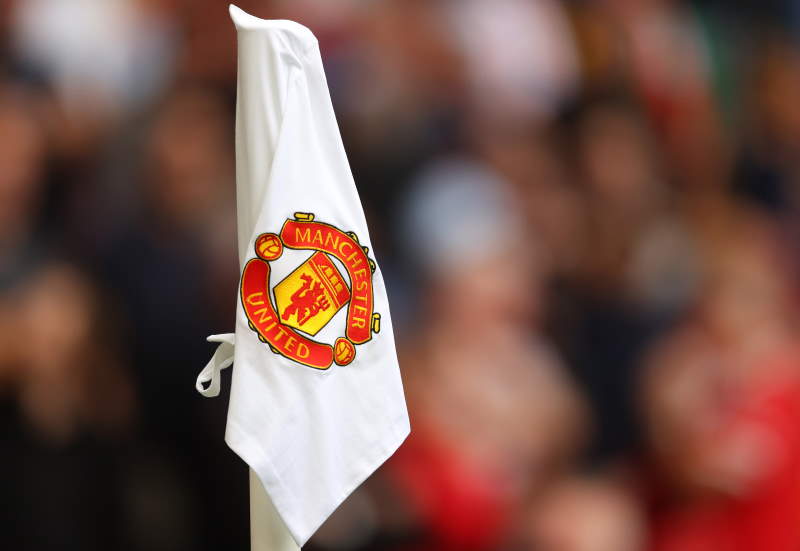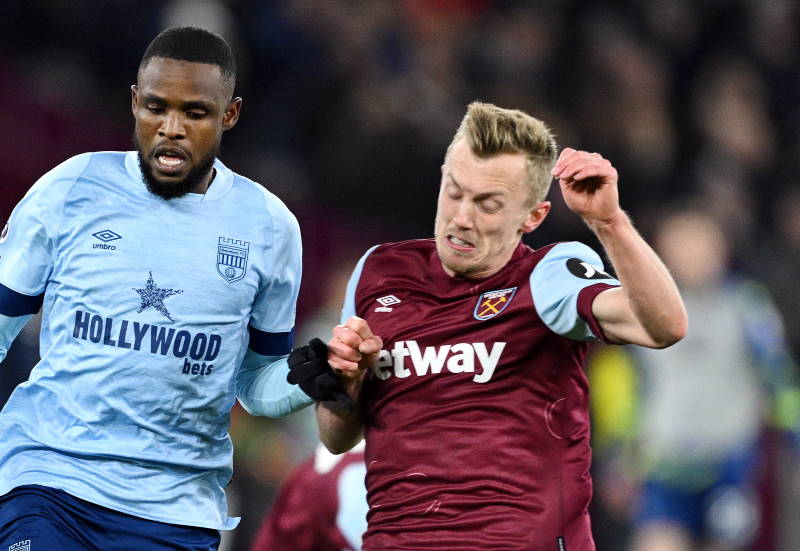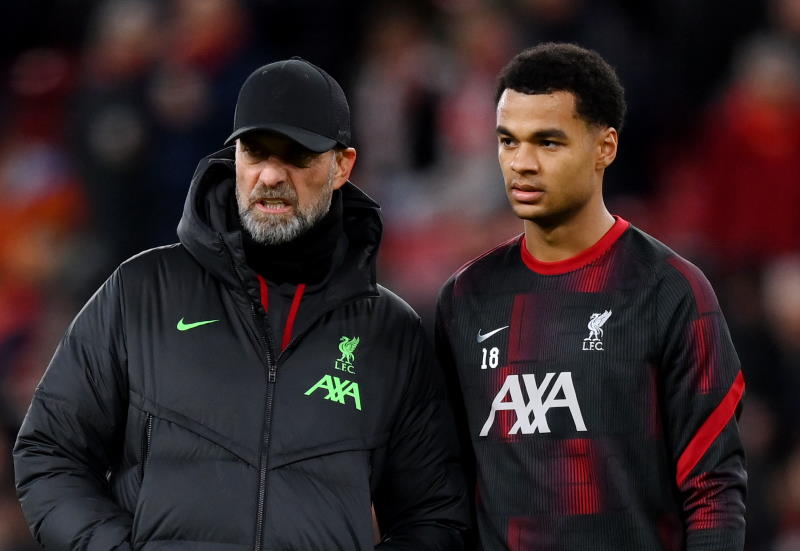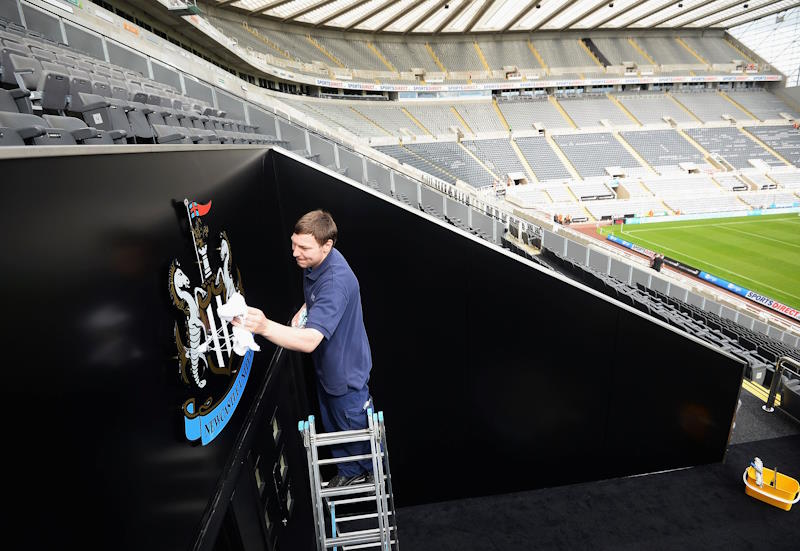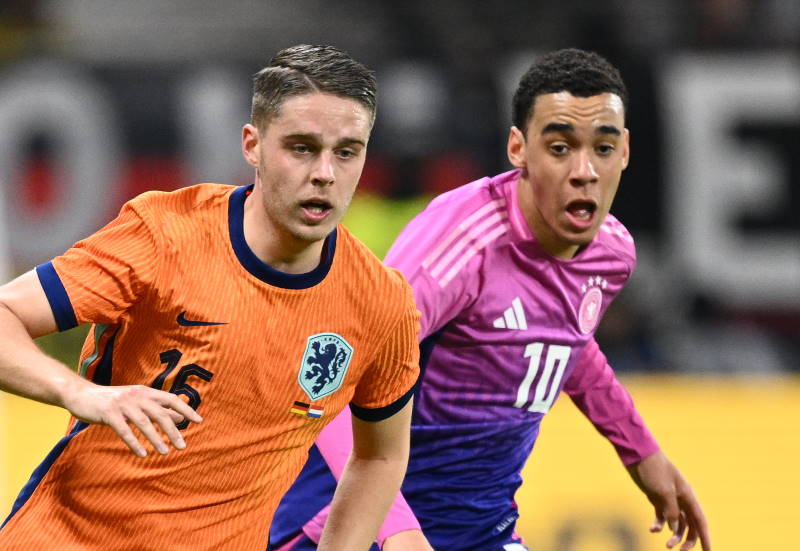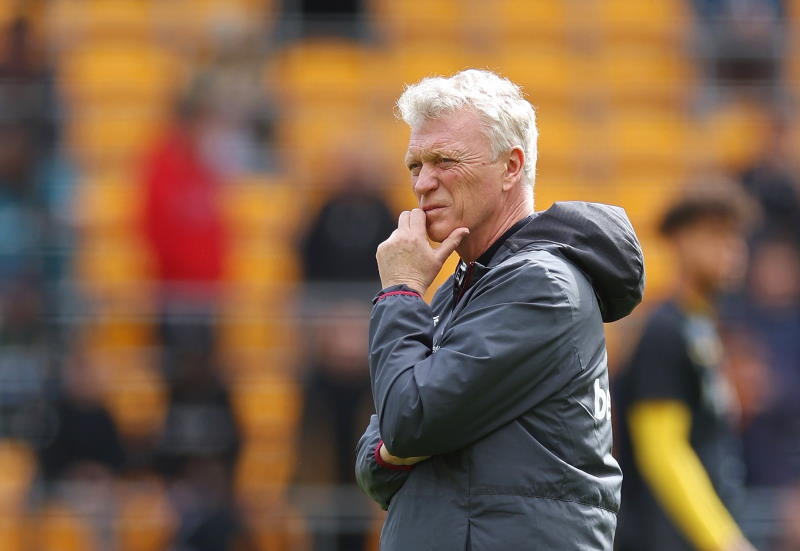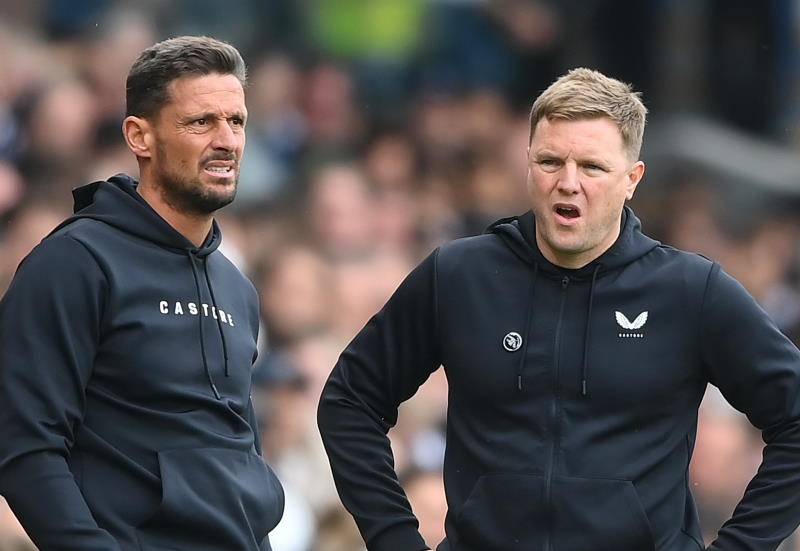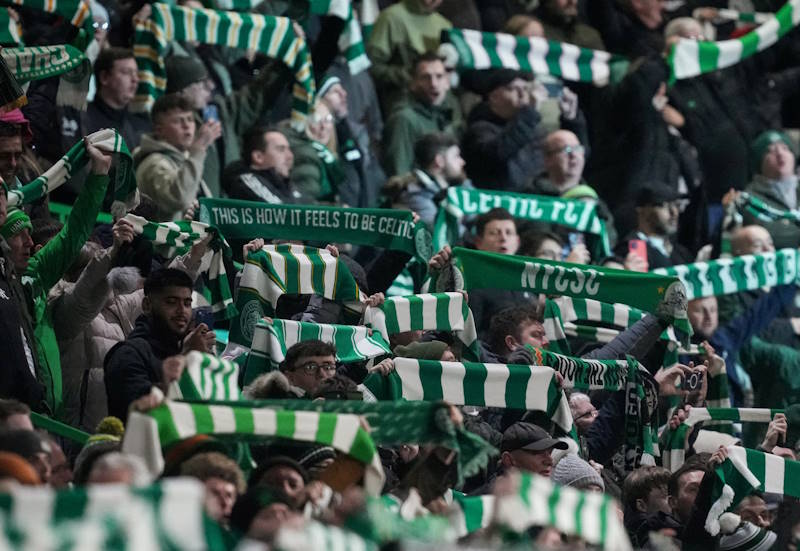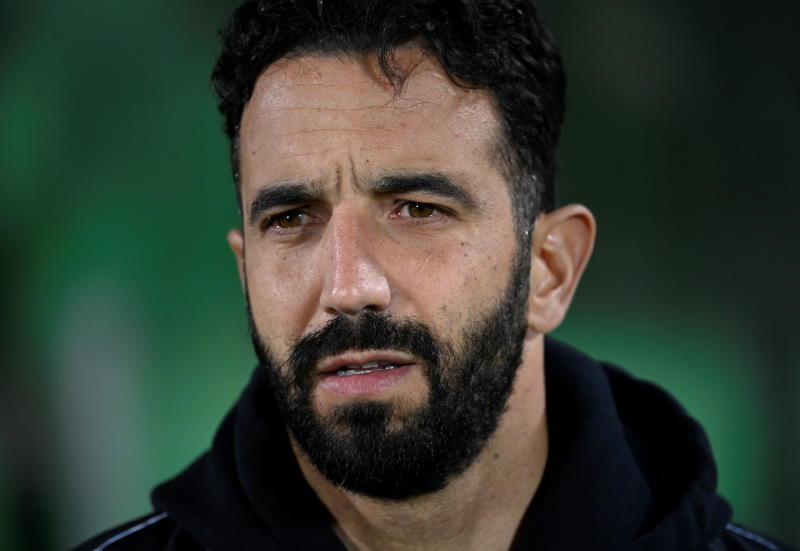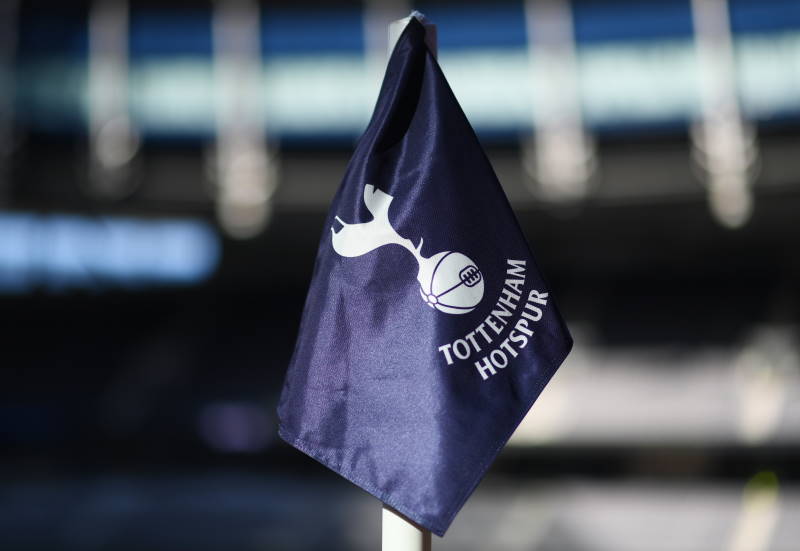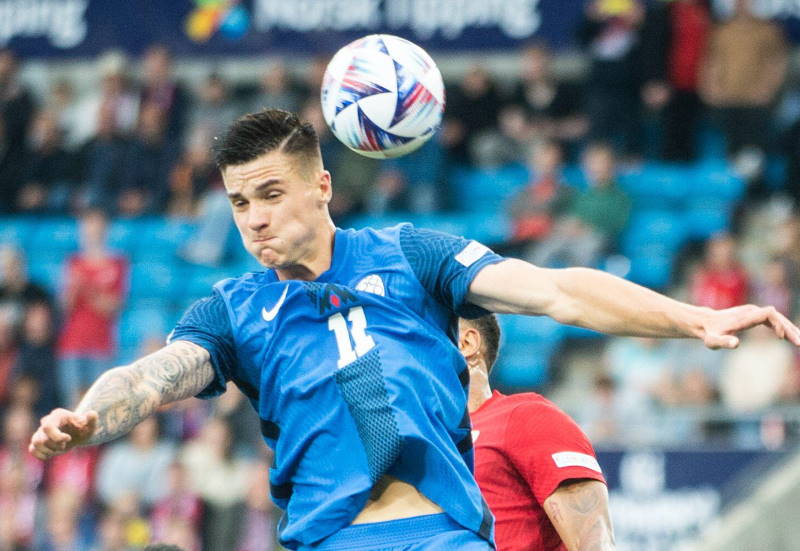
The Black Sea resort of Sochi is set to stage the prestigious Winter Olympic Games in 2014, the same year in which they will host a Formula One grand prix for the first time. Russian president-in-waiting Vladimir Putin appears from the outside at least to be trying to make the city in the south west of Russia, not far from the border with Georgia, the country’s answer to Monaco.
Yet for a city meant to become something of a sporting metropolis in the years to come, Sochi is deprived of a team in the world’s most popular sport after their football club was forced to close this summer, withdrawing from the first division.
It was a sad end to a story which had barely even begun, with owner Dmitry Yakushev pumping €21M into the club last season as it sought to become a major force in Russian football. They went out with a whimper, as Yakushev simply announced that the Black Sea outfit could no longer pay their way, and so they ceased to even be a power in the second tier of the Russian game.
Sochi’s disappearance from the footballing map is a significant blow to the wider football establishment in Russia and particularly those forces keen to see the country become a major player in Europe. Having climbed to seventh in the European coefficients rankings, and with new modern stadia being built for the 2018 World Cup as well as an increased ability to lure some of football’s finest (and formerly finest) such as Roberto Carlos and Samuel Eto’o, the country should be making waves on the European scene. The likes of Zenit St. Petersburg, Rubin Kazan and CSKA Moscow have been increasingly prominent in European competition, but amid the rapid rise of Russian football lies a wrecking ball destroying some of the nation’s most iconic clubs.
Torpedo Moscow, one of Russia’s most famous teams, went bankrupt in 2009 after their main sponsor, Norilks Nickel, withdrew from a partnership with the side, and their mounting debts became an obstacle too big to overcome.
Last season, FC Saturn went the same way, filing for bankruptcy after accumulating debts in the region of €20M, and were replaced by FC Krasnodar, whose wealthy owner Sergei Galitsky funded a rapid rise to the top flight.
The increasing number of teams who have succumbed to the deadly cocktail of unsustainable spending and dwindling attendances is a challenge to Putin’s attempt to regenerate regions across the country, which he has opted to meet with force on occasion. Tom Tomsk were prevented from going out of business by Putin’s intervention, when he ordered big companies to invest in the club in order to save them from extinction.
Yet the flip side of the coin is the continued spending of billionaires, the best example of which is Suleyman Kerimov at Anzhi Makhachkala. Makhachkala swooped on Corinthians twice, signing Brazilian legend Roberto Carlos and €11M midfielder Jucilei. The big spending Dagestan outfit also brought in Hungarian winger Balazs Dzsudzsak for €14M, before topping that with the stunning signing of Samuel Eto’o from Inter.
FC Krasnodar joined the spending spree by capturing the lesser known Brazilian playmaker Joaozinho, still a significant recruit for a team who have only completed three seasons in professional Russian football. Terek Grozny, whose owner Ramzan Kadyrov is hardly short of a few roubles himself, even hired and fired Ruud Gullit, as well as luring the likes of Dunga, Romario and Cafu to the war torn region for a friendly match.
The reason for much of the investment is Putin, who has encouraged the purchase of, and subsequent extravagant spending on, particular clubs in troubled areas in the hope of building communities around those teams, as well as aiming to spread footballing power outside Moscow.
Zenit have achieved success in recent times and won the title last year, but aside from the northern Russian outfit, few sides from outside the capital have achieved anything of note. Rubin Kazan, predictably bankrolled by big money, were able to break the cycle in 2008 and 2009, with successive Russian Premier League titles, but those days already seem a distant memory.
Sochi was another place looking to grow and become a thriving area for business, but the closure of the city’s football team before they had even reached the Premier League has put at risk this goal and shows the risks associated with Putin’s strategy. The Olympic Stadium was built with the intention for the club to move into the ground after the 2018 World Cup. But for a venue which will not actually host any sport during Sochi 2014 (just the opening and closing ceremonies) and is due to stage a handful of games in 2018, it risks becoming a white elephant before it is even finished.
Their fate seems to be a metaphor for football in Russia as a whole. Those who invest huge sums and fail to reach the lofty heights they aim for could end up as the next FC Sochi; just a pile of debris in the rubble left behind by the game’s expansion.
And for the likes of Anzhi Makhachkala, if and when the side achieve their stated goal of Champions League football (or at first grab a Europa League spot), they are unlikely to pass UEFA’s financial fair play rules, which come into effect from this season, as the Russian Union of Footballers and Coaches claimed earlier this year.
These rules require teams to break even over a rolling three-year period, but the chances of Anzhi Makhachkala or Terek Grozny meeting these requirements in the short term looks fanciful. Losses of around €10-20M a season and the presence of numerous oligarchs in the Russian game poses a serious problem which needs answering, but is all too often wilfully ignored by club owners who are more concerned with raising the profile of the regions their teams represent than competing meaningfully in European competition, even though the two are hardly mutually exclusive goals.
Attendances exacerbate the worries, with averages of 13-14,000 spectators in the Russian Premier League; and with little sign yet that the country’s teams will be able to justify the larger, modern stadia being built for the 2018 World Cup. The example of CSKA Moscow and Dynamo Moscow, who share the relatively new Arena Khimki, also shows that modern grounds do not necessarily mean larger attendances.
All of which adds up to a whole host of worries for a country meant to be one of the emerging forces in European football.
In 2018 Russia will finally welcome the world to the greatest party on earth, the World Cup. It should be the culmination of a period of significant growth in the game across the country. But at the current rate Russian football will be decimated before the competition even begins.

